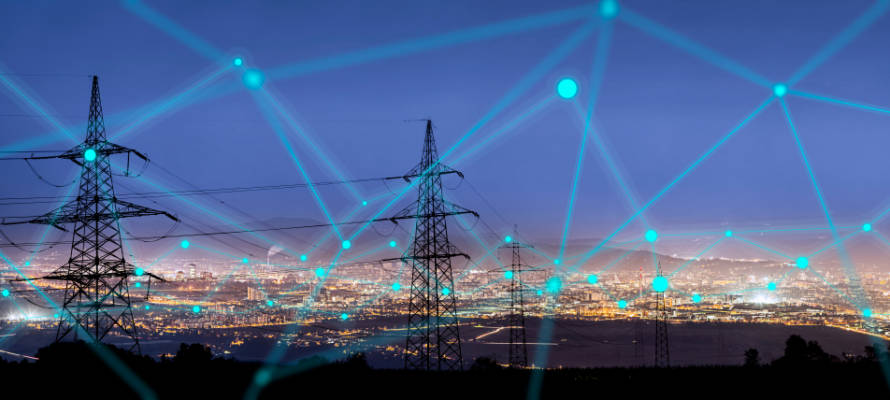An Israeli company is solving the problem of power outages, reducing costs to consumers, and promoting green and sustainable energy.
By United with Israel Staff
Brightmerge, based in Tel Aviv, has developed artificial intelligence (AI) algorithms to help countries and cities move from one main electricity supply grid to “microgrids,” which are groups of interconnected decentralized energy resources. Microgrids are less expensive and more sustainable and they reduce carbon emissions and are more resilient to power-outages.
“Financial decision-makers, utilizing data analytics to optimize renewable Microgrid systems, will be able to effect energy transition into cost-saving, efficient and reliable energy delivery,” Daniel Schwab, CEO of Brightmerge said in a statement.
In light of daily blackouts in places like South Africa, due to “mismanagement,” or California, where wildfires burned giant utility power lines and transformers causing an estimated 700,000 homes and businesses to lose electricity, the industry expects significant changes that ensure continuous and cost effective solutions for populations to receive electricity and energy supplies.
Rural and Urban Areas
Both rural and urban areas can benefit from adopting microgrids. They can be useful on university and hospital campuses, airports, government offices and more.
“One of the most unpredictable and least controllable challenges is extreme weather and environmental conditions which can cause havoc with energy supply,” noted Schwab.
Microgrids act as “single, controllable entities that connect and disconnect from the grid to operate autonomously,” according to the company. The system can prevent the chaos and confusion that comes with power-outages, such as what happened during the wildfires in California.
“With the judicious integration and application of Microgrids, using a combination of solar, wind and traditional energy output, this situation may have been entirely avoidable,” Schwab said. “Furthermore, with a decentralized system, energy flow can be maintained with even individual households playing a significant role in the supply of energy through a system of storage batteries.”
An additional problem of centralized energy providers is their need for refurbishing, which can take “millions or billions of dollars,” according to the company. “By implementing Microgrids, delays and costs can be slashed, new energy sources can be commissioned in record time and the power can flow.”
The Brightmerge innovation is providing decision makers in municipalities, real estate developers, transport hub managers and others with the tools they need to make educated decisions about creating Microgrids in record time.
Schwab “estimates that a small community of 5,000-6,000 residents could achieve potential savings of up to 50 percent of their domestic energy costs” through implementing Microgrids.
This system also protects large areas from being hit with a “Black Swan,” a large-scale random event impossible to predict, such as freak storms, tsunamis or cyber terrorism.
Should terrorist hackers infiltrate a system, it can “wreak major havoc with an industrial plant, an airport, a community, even an entire country which could have its power suddenly terminated, leaving it at the mercy of a major terrorist attack,” according to the statement.
By decentralizing power suppliers and having back-up systems in place, cyber attacks can be mitigated.
